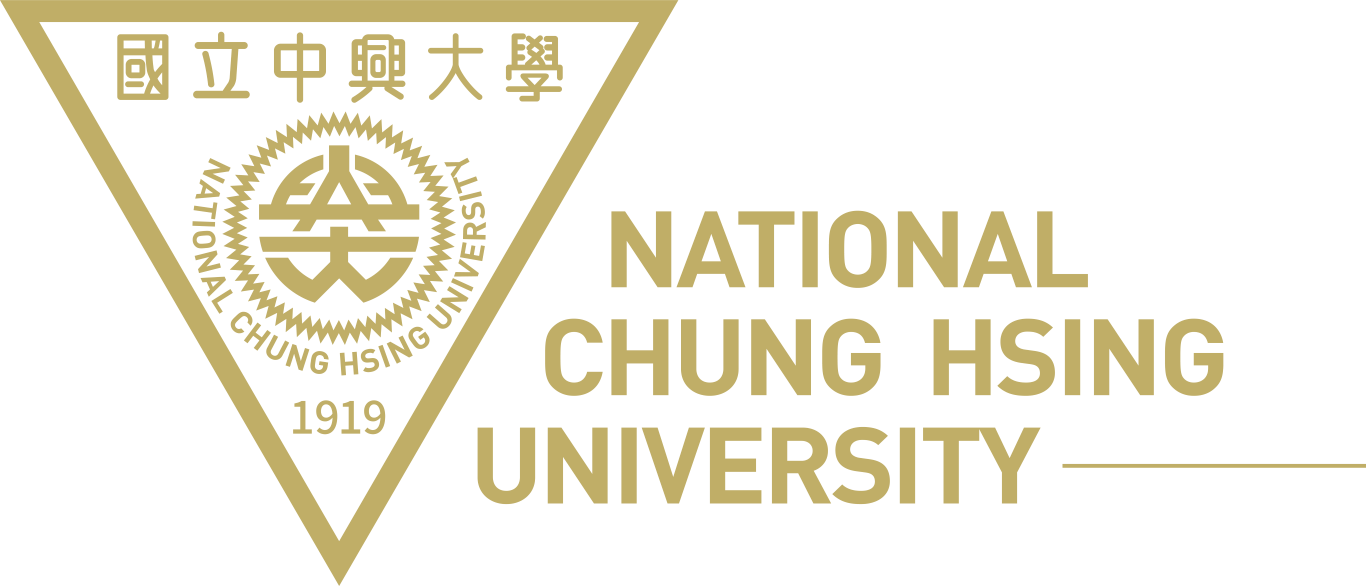Services for Post-doc
Please click the following items to see more.
Research (4)
For researchers, it is always crucial to make sure that all their academic research work and outcomes are properly connected. ORCID is the key to solving authorship identification issues and ensuring that all of a researcher’s works are connected to themselves.
1. Target:
1) Full-time faculty members and research fellows must complete six hours of academic ethics training during their term of employment. Newly appointed personnel must complete training within one year of reporting for duty.
2) Part-time faculty members and full- and part-time research fellows must provide proof of at least six hours of training at the time of their appointment.
3) Personnel not described above who are part of an NCHU research project must provide proof of at least six hours of training at the time of their appointment or the commencement of the project.
2. Recognized academic ethics training courses:
1) Courses offered by the Center for Taiwan Academic Research Ethics Education
2) Academic research ethics courses offered by the University
3) Academic research ethics courses offered by regional learning resource centers
4) Epigeum–Research Integrity and CITI Program courses
5) Other academic research ethics courses approved by the University
For items 2) to 5) above, a certificate of completion issued by the organizing institution is required.
1. Introduction: To access the R&D portal, sign in with your credentials via the NCHU Single Sign-On Service.
1) The NCHU R&D portal is designed to provide a comprehensive record of faculty members’ research, teaching, and service achievements and to facilitate the faculty evaluation process by enabling real-time access to detailed faculty profiles.
2) The portal is intended to integrate faculty members’ academic and research achievements with the University’s academic development plans.
3) Faculty members can export their research portfolio directly from the portal.
4) Academic units can export accurate performance statistics from the portal if their faculty profiles are complete.
5) Applications for academic research performance incentives and grants must be submitted through the portal.
2. First-time users of the portal are required to select their field of expertise on the “profile maintenance” page before being allowed access to the portal.
3. We recommend using Google Chrome to access the portal. Navigate to the NCHU homepage, click or tap on “Single Sign On” from the menu bar, log in with your credentials, and select “R&D Portal.”
Faculty members may borrow designated research books procured under a publicly funded research project until the conclusion of the project, and they may extend the loan period beyond the project expiry date if necessary. Designated research books shall be returned to the Library’s collection and made available to the general public upon conclusion of the project or expiry of the loan.
Research and Development (4)
For researchers, it is always crucial to make sure that all their academic research work and outcomes are properly connected. ORCID is the key to solving authorship identification issues and ensuring that all of a researcher’s works are connected to themselves.
1. Target:
1) Full-time faculty members and research fellows must complete six hours of academic ethics training during their term of employment. Newly appointed personnel must complete training within one year of reporting for duty.
2) Part-time faculty members and full- and part-time research fellows must provide proof of at least six hours of training at the time of their appointment.
3) Personnel not described above who are part of an NCHU research project must provide proof of at least six hours of training at the time of their appointment or the commencement of the project.
2. Recognized academic ethics training courses:
1) Courses offered by the Center for Taiwan Academic Research Ethics Education
2) Academic research ethics courses offered by the University
3) Academic research ethics courses offered by regional learning resource centers
4) Epigeum–Research Integrity and CITI Program courses
5) Other academic research ethics courses approved by the University
For items 2) to 5) above, a certificate of completion issued by the organizing institution is required.
1. Introduction: To access the R&D portal, sign in with your credentials via the NCHU Single Sign-On Service.
1) The NCHU R&D portal is designed to provide a comprehensive record of faculty members’ research, teaching, and service achievements and to facilitate the faculty evaluation process by enabling real-time access to detailed faculty profiles.
2) The portal is intended to integrate faculty members’ academic and research achievements with the University’s academic development plans.
3) Faculty members can export their research portfolio directly from the portal.
4) Academic units can export accurate performance statistics from the portal if their faculty profiles are complete.
5) Applications for academic research performance incentives and grants must be submitted through the portal.
2. First-time users of the portal are required to select their field of expertise on the “profile maintenance” page before being allowed access to the portal.
3. We recommend using Google Chrome to access the portal. Navigate to the NCHU homepage, click or tap on “Single Sign On” from the menu bar, log in with your credentials, and select “R&D Portal.”
Faculty members may borrow designated research books procured under a publicly funded research project until the conclusion of the project, and they may extend the loan period beyond the project expiry date if necessary. Designated research books shall be returned to the Library’s collection and made available to the general public upon conclusion of the project or expiry of the loan.

